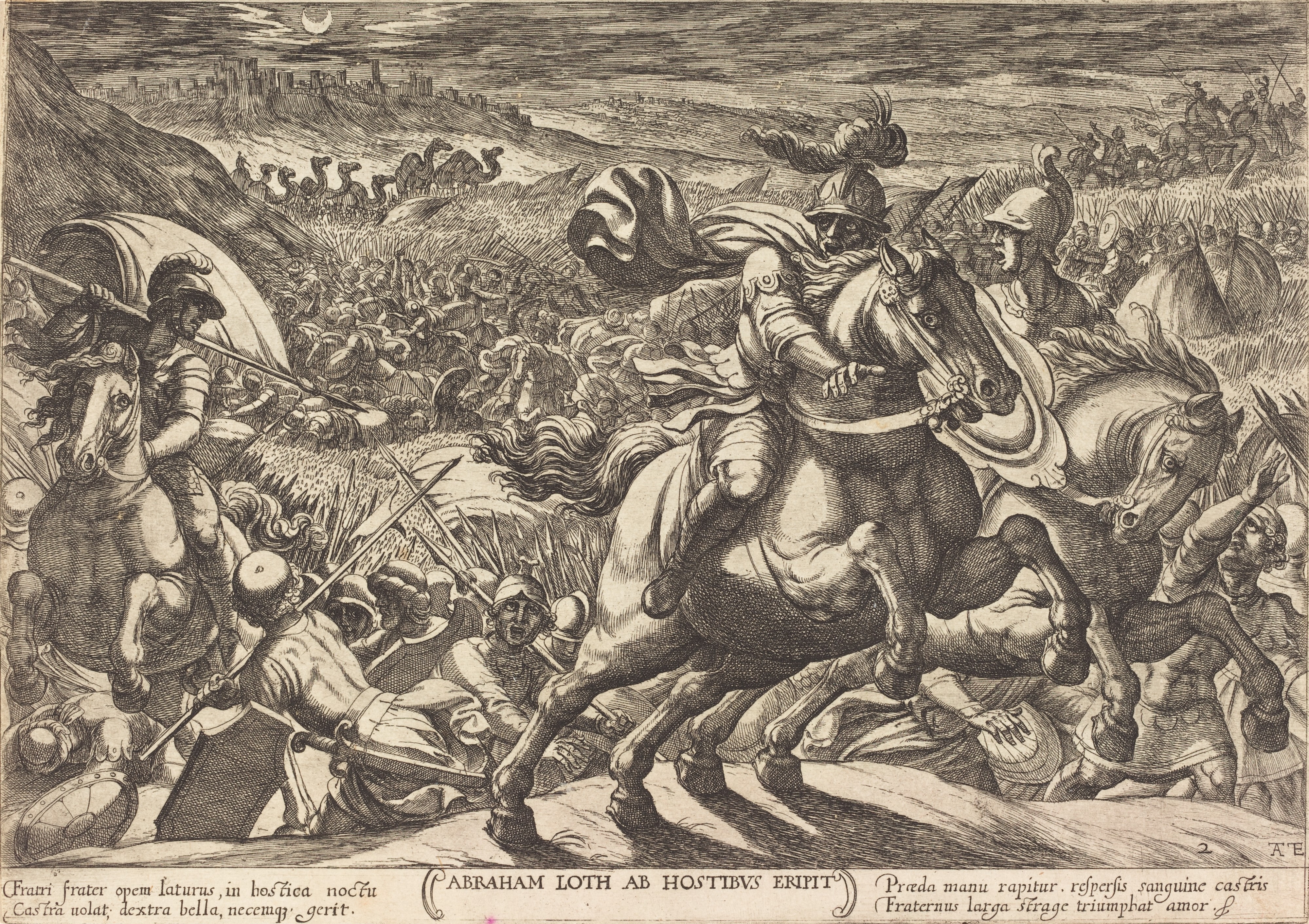 Last night I watched the TV miniseries The Bible on channel Nine. This was a double episode, out of a series of ten.
Last night I watched the TV miniseries The Bible on channel Nine. This was a double episode, out of a series of ten.Naturally, a series like this has to skip lots of stories. It starts with Noah, skips the Tower of Babel, focuses extensively on Abraham, skips Jacob and Joseph, and then focuses on Moses. Within the story of Abraham, it skips the wife-sister narratives, and focuses on the battle of Genesis 14, the destruction of Sodom, and the testing of Abraham in Genesis 22.
It raises the question, are we allowed to "fill in the gaps" – in imagination, teaching, or, in this case, on screen – when the Bible is silent? For example, I thought Lot's wife was really well portrayed. The Bible tells us almost nothing about her, and she does not speak at all, but from what we do know about her, (and how she is turned into a pillar of salt), we can build up an impression. Her portrayal in this series (with lines like "The future is in the city") was extremely plausible.
I thought the episode had a good introduction. It starts with Noah in the ark. What were the people doing all that time? The Bible doesn't say. The TV series has Noah telling the story of creation to his family. I see that this aspect has been criticised on the basis that the the creation account was not written until much later. However, I think it very likely that there was a strong oral tradition (particularly along the covenant line) of the creation story being passed down.
It is important to point out that this series is not particularly Christian. There is very little here with which a non-Christian Jew, for example, would disagree. There was, for example, no reference to the protoevangelium – the promise of the Messiah given in Genesis 3. However, when the three figures appear to Abraham, the scene is done very well – two show their faces, while one stays hidden. The hidden one would be the one who, according to the biblical text, is the LORD himself.
 |
| Tempesta's depiction of the battle is more faithful to the text. |
The story of Sodom is toned down a bit, kind of the way you might tell it to children. But it means we have Sodom without the sodomy. There is no hint of homosexual rape, and Lot doesn't offer his daughters to the mob. (The daughters look very young anyway.) The series has been criticised for its ninja angels, and although I like the idea of depicting angels as warriors, I would have though the Bible had enough action without needing to introduce more.
The depiction of Abraham's faith is rather disappointing. When God speaks to him, it is inaudible (unlike with Moses and the burning bush) and as a result Abraham seems somewhat mad. When Abraham is tested in the TV series, he says to Isaac, "The Lord will provide a sacrifice, my son." That is a significant departure from the biblical text of Genesis 22, which has "a lamb for the sacrifice". This change makes the viewer think that Abraham doesn't really believe God will rescue Isaac.
Of course, we need the New Testament to fully understand this story. Hebrews 11 says that Abraham "considered that God was able even to raise him from the dead, from which, figuratively speaking, he did receive him back." B. B. Warfield says that the Old Testament is like a richly furnished but dimly lit room – we need the light of the New Testament to illuminate it.
 |
| In this picture Pharaoh is drowned, but the Bible doesn't say that. |
This post obviously doesn't exhaust the possibilities of what can be said about this series. There are a few more inaccuracies that I haven't mentioned here. For a couple of other interesting blog posts on the series, see here and here.
No comments:
Post a Comment